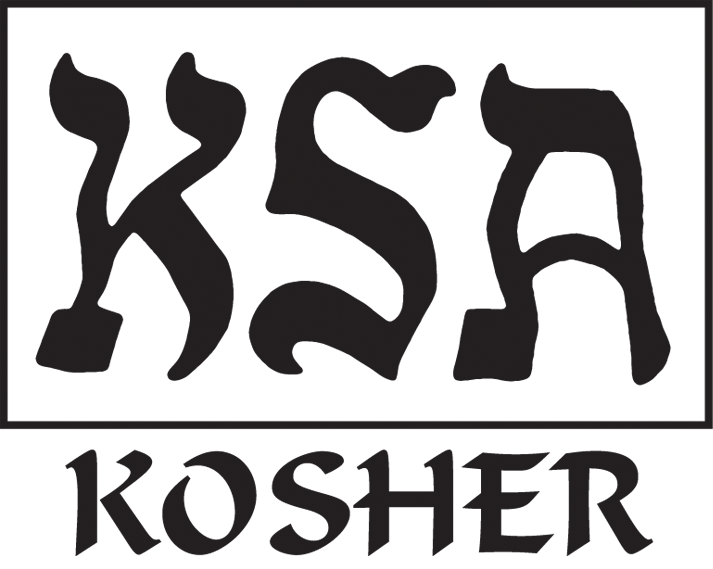We can best understand most current news stories as real-time implosions of a naïve understanding of what freedom is and what freedom is not. The straightforward meaning of freedom is “get out of my face and let me do whatever I darn well please.” The counterintuitive meaning of freedom is subjecting oneself to a life of unending discipline, often abstinence, and occasionally deep pain. One is an easy sell; the other is not.
Historically, revolutions depose those who deny people freedom and replace them with themselves. Predictably, the one-time revolutionaries become the new despots, until new revolutionaries come along and keep the violent circle going.
As it goes with political constructs, so it goes with personal diets. Someone decides to lose excess poundage and hits upon the idea to limit, let’s say, carbs. This new creed lasts until the donut’s allure proves irresistible, which renders the carb diet passé, which is to be replaced by oh, I don’t know, gluten-free – which allows donuts if you broaden the definition of donuts to include something as a gluten-free donut.
The diet de jour includes carbs but avoids rib steak until the tantalizing aroma demands to be consummated with a tantalizing taste. You get the picture; you likely have walked the path.
Historically then, in both politics and waistlines, we ride a merry-go-round instead of attacking the problem, namely, that if we don’t self-limit, then an exterior force will fill the void.
It would be nice to think that we could break the shackles that enslave us and celebrate that we are free at last, but alas, left to our own devices we implode under the sheer fickleness of our rectitude and its burden of subjectivity. Simply put, we love ourselves, or more precisely, we love our comfort zone, and we can rationalize away anything that threatens our happy place.
We see from this discussion that giving voice to our lesser nature makes us want to do it again and again until our character disintegrates.
Words tell stories, and often in those stories, we see where the words come from, where they are now, and where they may be leading. Let’s examine two words: decadence and decay.
Decadence conveys luxurious self-indulgence and may be used to describe a rich chocolate cake.
Decay connotes decomposition.
Instructively, Noah Webster used them as synonyms, and for good reason. Both words trace their roots to the Latin decadere – “to fall” or “to sink”. When we self-indulge we decompose. Webster unknowingly reflected the Talmudic teaching: self-indulgence is neither static nor therapeutic. It is corruptive, and it spirals out of control.
At the Burning Bush, when G‑d first introduced Moses to His plan for the Exodus, He linked it inexorably to Sinai, saying “You will serve G‑d on this mountain.” At Sinai, when G‑d delivered the Ten Commandments, He presented his credentials (as it were) as He who “took you out of Egypt.”
Exodus and Sinai are one process, symbiotically dependent on each other’s validity.
On Shavuot, we will reenact His giving—and our accepting of—His Torah. We will resolve to earn our freedom by accepting the Divine Discipline. As Moses insinuated at the Bush, it’s hard, how can I succeed? And G‑d answered him: “For I am with you.” A Jew is never alone. G‑d provides us the tools and the energy and we provide the sweat, blood and tears (and laughter!) until the job gets done. There is no greater reward. Even donuts.

